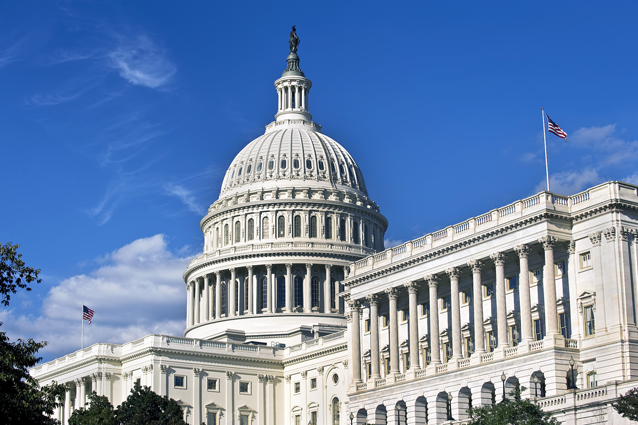Rhodium Group’s Energy & Climate practice uses a multidisciplinary, data-driven approach to produce unique, independent insights into global energy dynamics, greenhouse gas emissions, and climate change.
We help public and private decision-makers understand what kind of climate future we are on track for, and what matters most for reducing greenhouse gas emissions—at the local, state, national, and international levels. By combining policy expertise with a suite of detailed energy-economic models, our research provides data-driven insights into the impacts of energy and climate change policy and real-world developments on greenhouse gas emissions, energy markets, economic output, and clean technology pathways.













